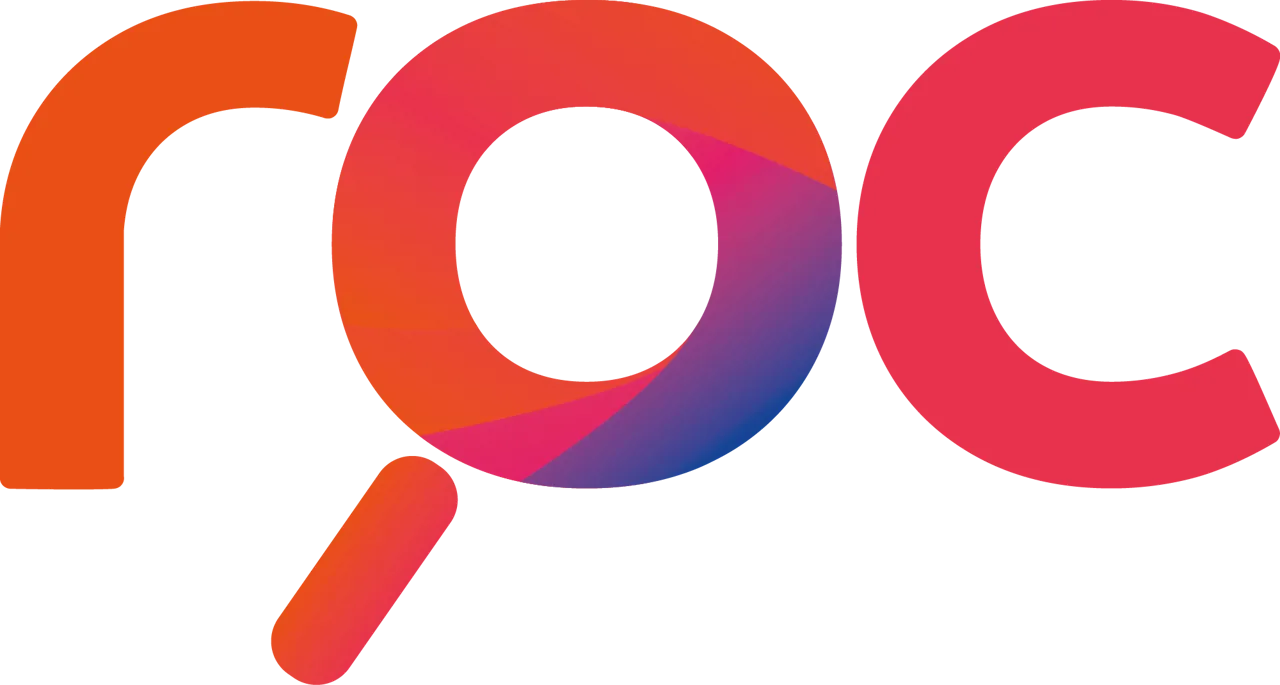The buzz around Artificial Intelligence has been deafening, and for a while, the narrative was clear: AI would replace human labour. Businesses, eager to cut costs and streamline processes, jumped headfirst into automating roles, often with the primary goal of substitution.
At Roc Search however, we observed this trend with a degree of caution. Now, research and high-profile corporate U-turns are confirming that the initial rush to replace humans is leading to significant regrets among business leaders. The narrative is shifting from AI replacement to human-AI collaboration, and companies are realising that their most valuable asset is still their people.
The Cost of Replacement: Regret and Lost Talent
The evidence is mounting that a 'replacement first' strategy is flawed, often leading to unexpected operational failure and a costly talent drain. From factory floors to customer service hotlines, the limitations of unassisted AI are becoming clear:
The Flawed Factory: A prominent early example came from the manufacturing world. After pushing for "excessive automation" in the Tesla Model 3 production line, CEO Elon Musk famously admitted the mistake in 2018, stating simply: "Humans are underrated." The complexity of fully automated systems led to debilitating bottlenecks and production delays - not the superhuman speed promised. The only effective solution was bringing people back into the process.
The Redundancy Regret: Annual research from Orgvue reveals that 39% of business leaders surveyed had made employees redundant as a direct result of deploying AI. Crucially, 55% of those leaders admit they made the wrong decisions about those redundancies [Orgvue, 2025]. This highlights a fundamental miscalculation - that the value of human expertise could be simply swapped out for an algorithm without consequence.
The Customer Service Collapse: We are also seeing high-profile U-turns in the service sector. Swedish fintech giant Klarna, after bragging it had replaced the work of hundreds of employees with AI customer service agents, is now re-engaging human support. Its CEO admitted that focusing purely on cost led to a "lower quality" experience for customers.
Furthermore, the drive for replacement is actively costing businesses talent, with 34% of leaders admitting they have had employees quit as a direct result of AI deployment [Orgvue, 2025].
As Oliver Shaw, CEO of Orgvue, aptly commented, "businesses are learning the hard way that replacing people with AI without fully understanding the impact on their workforce can go badly wrong." In a generation facing a severe global skills shortage, dismissing employees without a clear plan for workforce transformation is, simply put, reckless.
The Proper Implementation: AI as a Complement-The Roc Search Way
The good news is that the focus is now moving away from short-sighted cuts and towards strategic upskilling. Business leaders are realising that the real productivity gains come not from replacing humans, but from empowering them. The new vision is one where AI acts as a sophisticated co-pilot, handling the monotonous, data-intensive tasks, thereby freeing up employees to focus on creativity, complex problem-solving, and relationship management-areas where human value is irreplaceable.
We are seeing this shift first-hand with our clients. Many companies we work with are actively choosing to engage us to build teams of strong AI-capable professionals, specifically to augment and support their existing workforce, rather than replace them. They need people who can manage, train, and leverage AI to lift the entire organisation's output.
This focus on strategic, human-centric implementation is reflected in current organisational planning:
Strategic Caution: Even companies known for innovation are taking a measured approach. For instance, Airbnb CEO Brian Chesky advised against immediately integrating its app with high-profile AI like ChatGPT, commenting that such integrations aren't "quite ready" for a seamless customer experience. Instead, the company focuses on deploying AI models that are proven to be "fast and cheap," showing a clear preference for reliable, value-driven tools over unproven hype.
Reskilling is the New Strategy: A massive 80% of business leaders plan to reskill employees to use AI effectively in the workplace [Orgvue, 2025]. This is a clear acknowledgment that the future is about enhancing existing human capability, not eliminating it.
Investment in Development: To support this, 41% of business leaders have increased their Learning & Development (L&D) budgets to ensure their teams have the correct training to work successfully alongside AI [Orgvue, 2025].
The challenge now is not if to use AI, but how to integrate it intelligently. Lack of AI expertise remains a significant barrier for 35% of organisations [Orgvue, 2025], demonstrating a vital need to hire talent who understand how to build and implement AI solutions that genuinely support human workflows, rather than destroy them.
At Roc Search, we specialise in finding the human talent required to drive this collaborative future-the developers, engineers, and scientists who can design AI systems that truly complement the existing workforce across the STEM industries. The most successful businesses in the coming years will be those that realise the power is not in the technology alone, but in the intentional partnership between their skilled people and their intelligent machines.

Latest Insights
We are Roc Search
If you’re hiring into your team or looking for your next career opportunity, you can trust us to find what you’re searching for.


